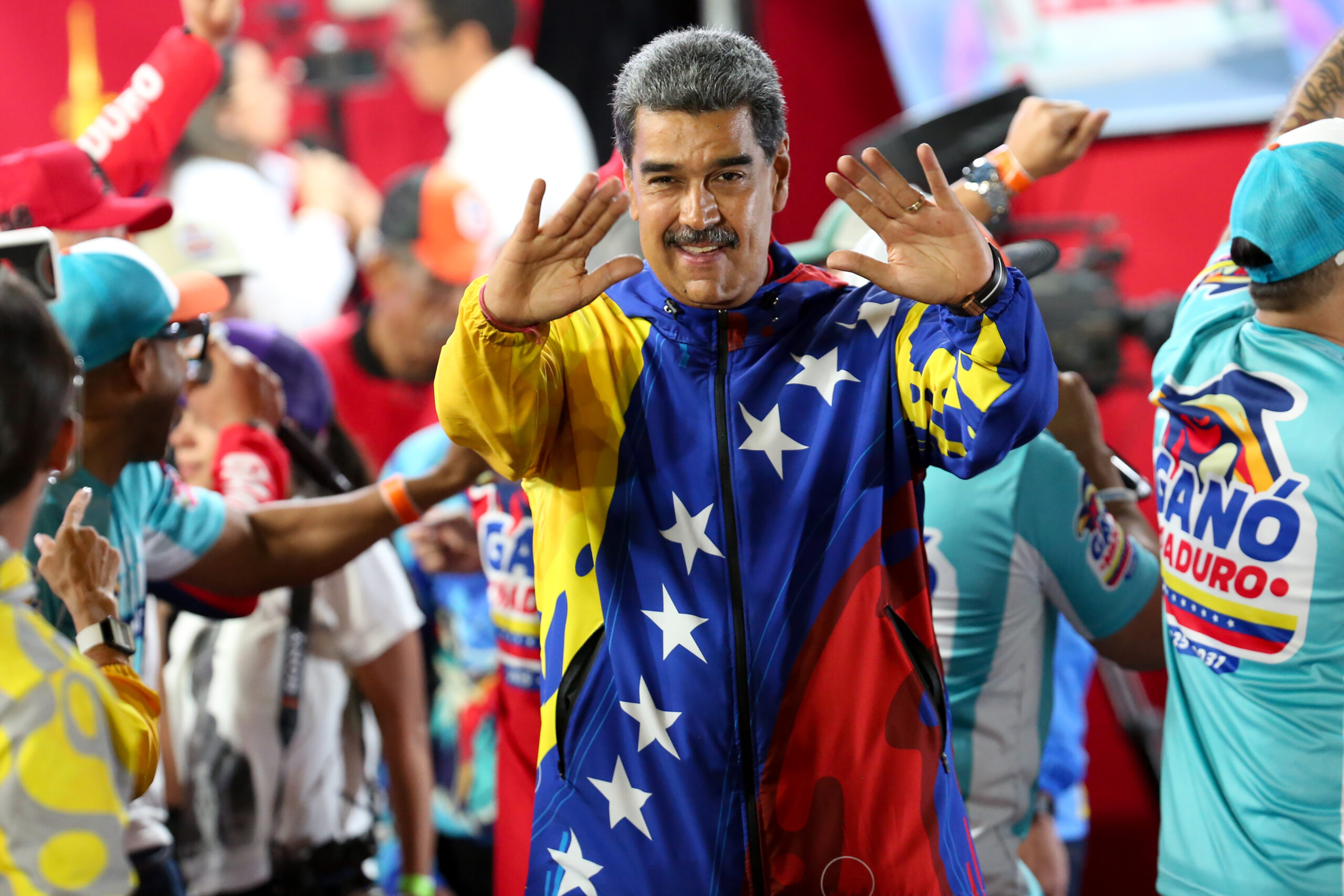- August 13, 2024
Maduro’s post-election fraud plan is to distract and delay. But it’s not working

Andres Oppenheimer
Many people are asking themselves what Venezuelan dictator Nicolás Maduro’s plans to do in the face of growing domestic and international outrage over his grotesque July 28 electoral fraud. The answer is simple: buy time, and hope that the world forgets about Venezuela.
The good news is that his plan may not work. The looming threat of millions of additional Venezuelans fleeing the country is already creating panic across the Americas. More than 7.7 million Venezuelans have already fled Venezuela since Maduro took office in 2013, and recent polls suggest that at least 4 million more will leave soon if he stays in power after his sham elections.
On Tuesday, recently inaugurated Panamanian President José Raúl Mulino offered to host a summit of Latin American presidents to discuss the Venezuelan crisis. He said the meeting will seek “more actions in support of democracy and the will of the people” in Venezuela.
Panama and six other Latin American nations — including Argentina, Peru, Ecuador and Uruguay — have already recognized Venezuela’s opposition candidate Edmundo Gonzalez Urrutia as the winner of Venezuela’s elections.
In addition, three Maduro allies — the democratically-elected leftist leaders of Brazil, Colombia and Mexico — are demanding that Maduro release voting records proving his alleged victory, as the Venezuelan law requires. Copies of verified election results published by the opposition, as well as exit polls, show that Gonzalez Urrutia won with 67% of the vote, to Maduro’s 30%.
The Biden Administration has said there is overwhelming evidence that Gonzalez Urrutia won the elections, and is calling on Maduro to negotiate a “democratic transition” of power.
Maduro’s bizarre excuse for not showing the detailed voting data is that there was an alleged hack of the election computer system, allegedly organized by opposition leader Maria Corina Machado and launched from “Northern Macedonia.” But no serious observer believes that story.
Jennie Lincoln, who led the Carter Center’s electoral experts’ mission to Venezuela, told me that the alleged hacking attack is a “bogus claim.”
“There are companies in the region that monitor denial of service events, and not none of them flagged a denial of service in Venezuela on the night of the election,” Lincoln told me. “Any reference to an alleged hack is a government distraction from the requirement to show the full polling data.”
Lincoln added, “Multiple groups, including the Carter Center, have run the numbers that come from original copies of the tally sheets, and they show that the opposition won by a two-to-one margin.”
Since Maduro’s current term expires in January, the Venezuelan regime is now creating schemes to divert public attention, in hopes that other world events such as the wars in the Middle East and the Russia-Ukraine conflict will soon push Venezuela out of the headlines.
Maduro has called for a Venezuelan Supreme Tribunal of Justice audit into the elections, including the alleged hacking attack. Such a probe, not contemplated by Venezuelan laws, could take months, and would make the high court — rather than the election authorities, both of which he controls — the final arbiter of the election results.
Former Colombian President Ivan Duque, a Maduro critic, told me that the Venezuelan dictator is following two simultaneous strategies: He is secretly forging election data to eventually have something to show to the world, and, if that doesn’t work, he will direct the Supreme Tribunal of Justice to call for a new election.
But the latter option is a trap that may be supported by Brazil, Colombia and Mexico to give Maduro some political breathing room, Duque told me. “There should be a transition of power, not a new election. The international community must press for a negotiated exit of Maduro, rather than allowing him to stay in power,” Duque said.
Either way, Maduro’s wish that his election fraud will soon fade out of the headlines will not materialize. His electoral fraud was so gross, and the prospect of a new exodus of millions of Venezuelans is so real, that Latin America and Washington are likely to keep the pressure for a transition in Venezuela.

